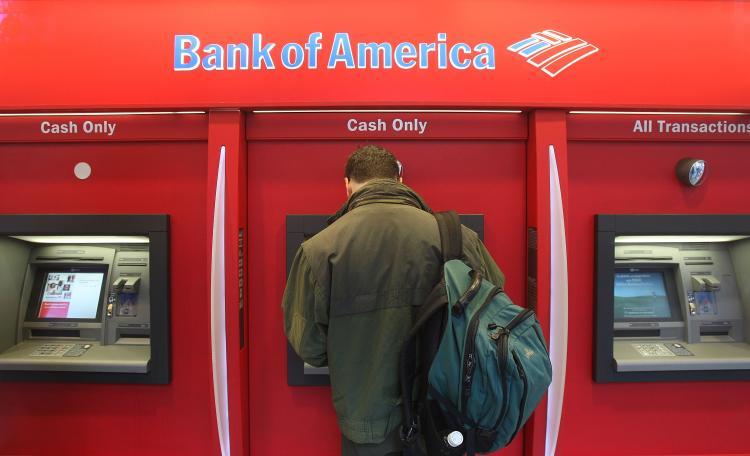A malfunctioning Bank of America ATM in Texas dispensed $100 bills instead of $10 bills, with people eager for an extra helping of cash swarming the machine, sparking several fights.
“I wanted to know was the ATM still open and if they were still giving away any money,” area woman, Stephany Gundy told Houston’s ABC 13 on the scene,“I wanted to slide on in.”





